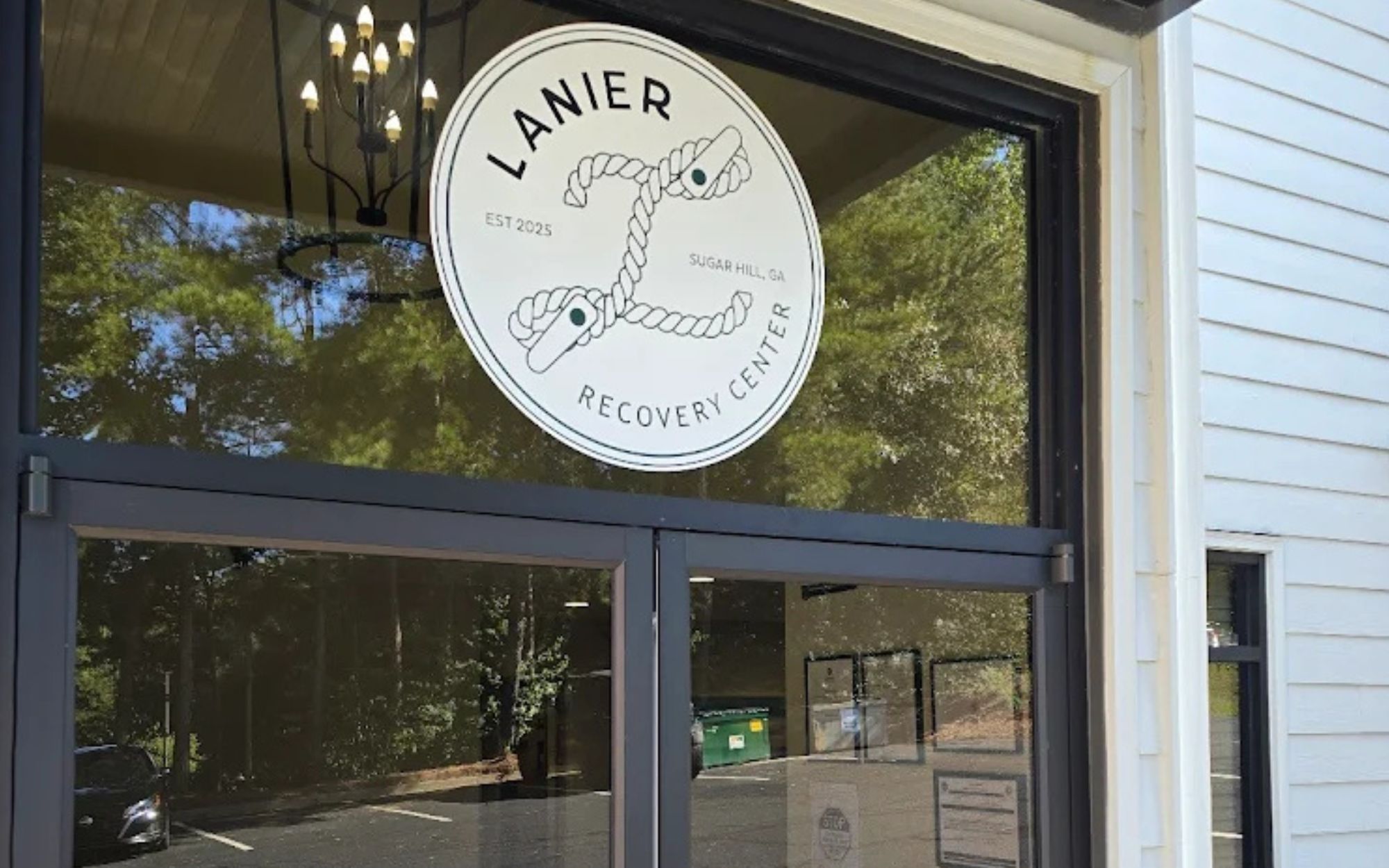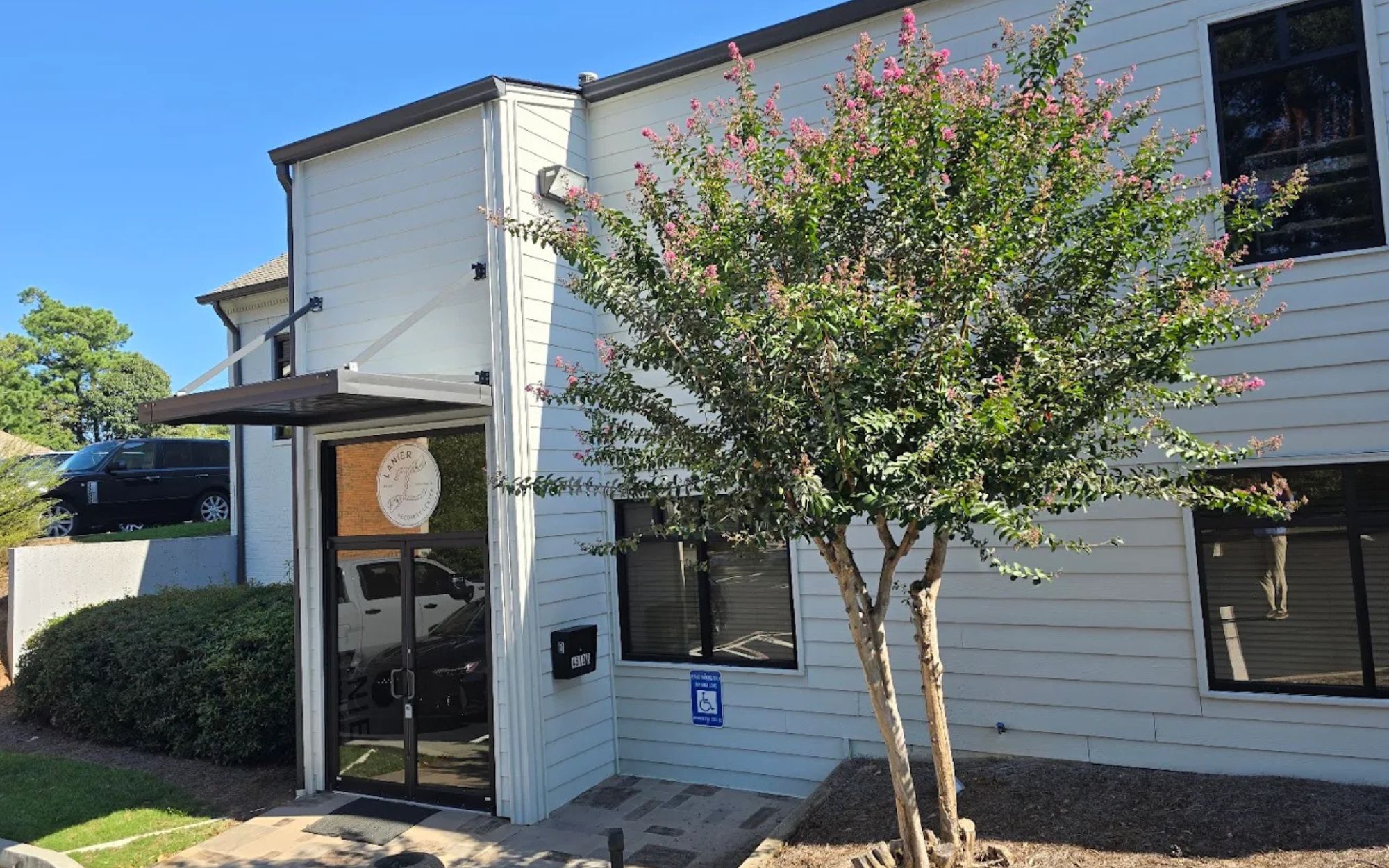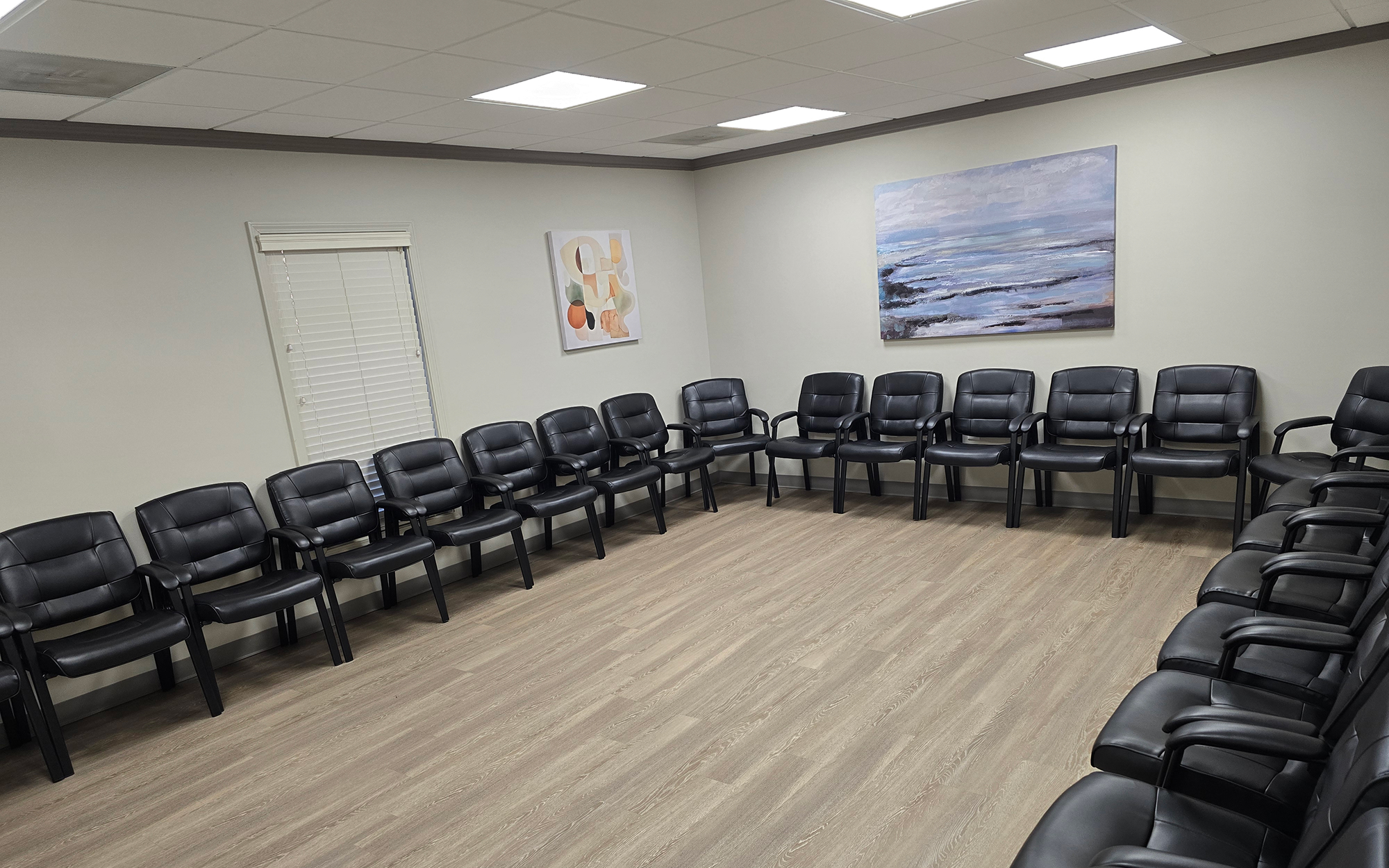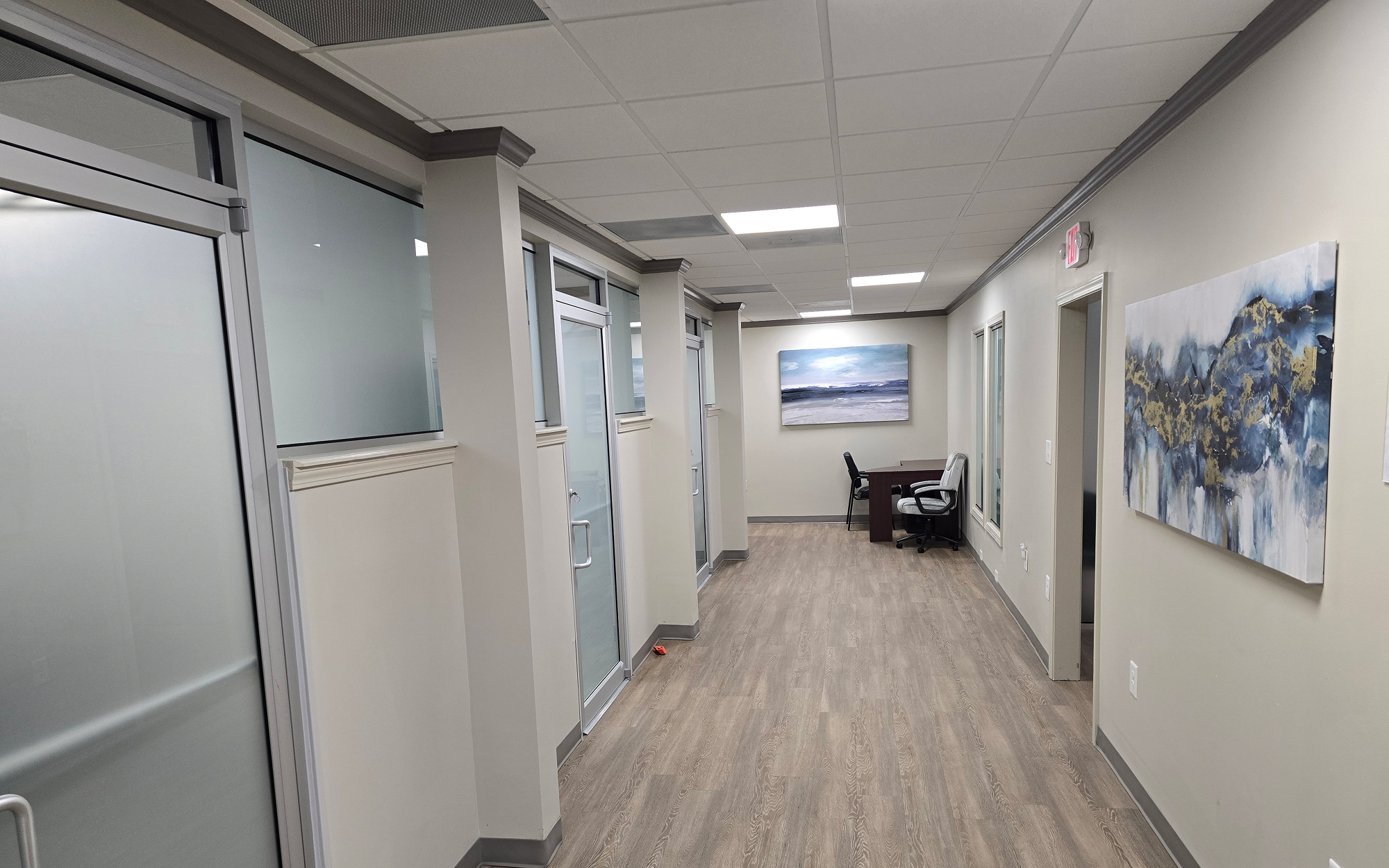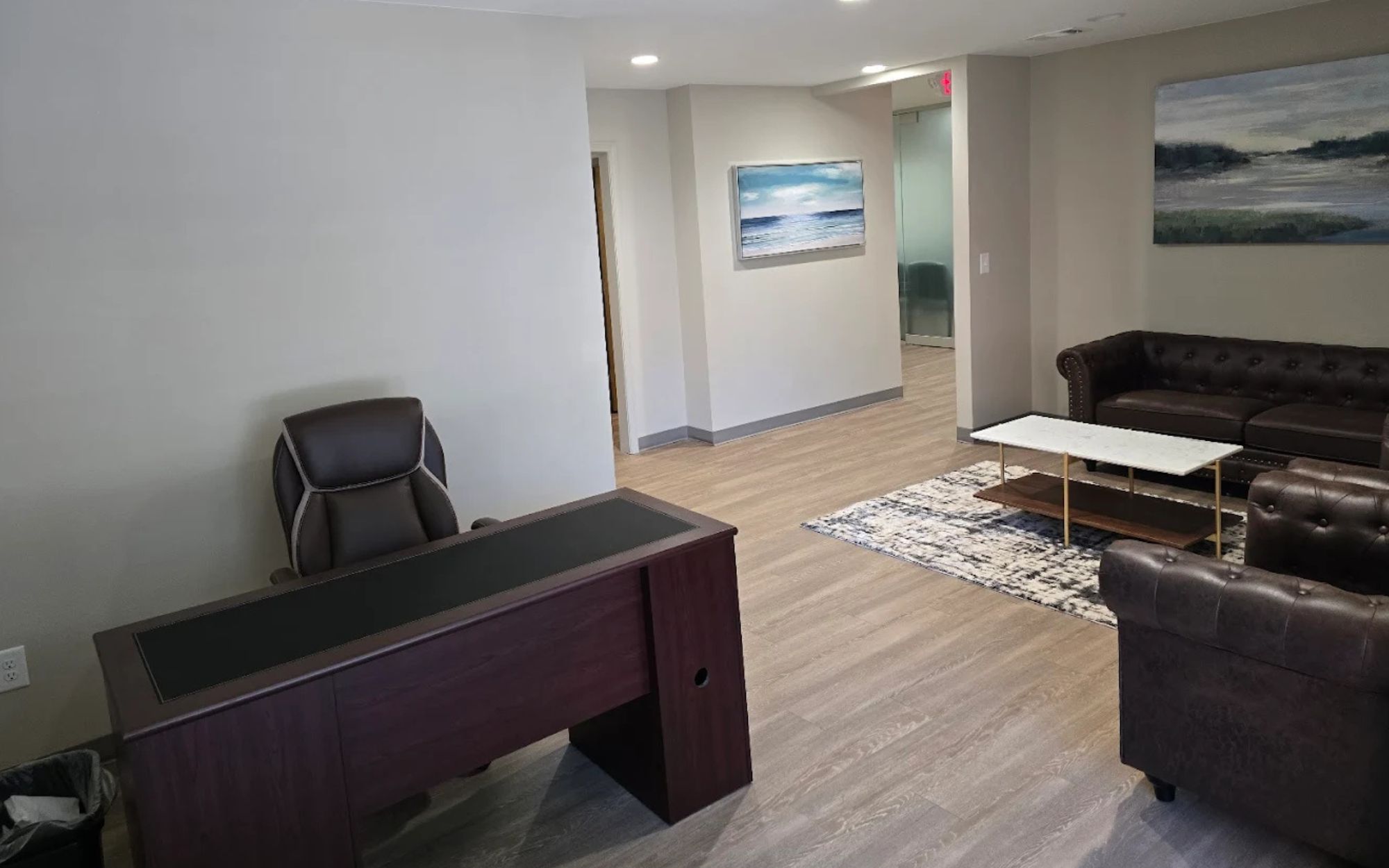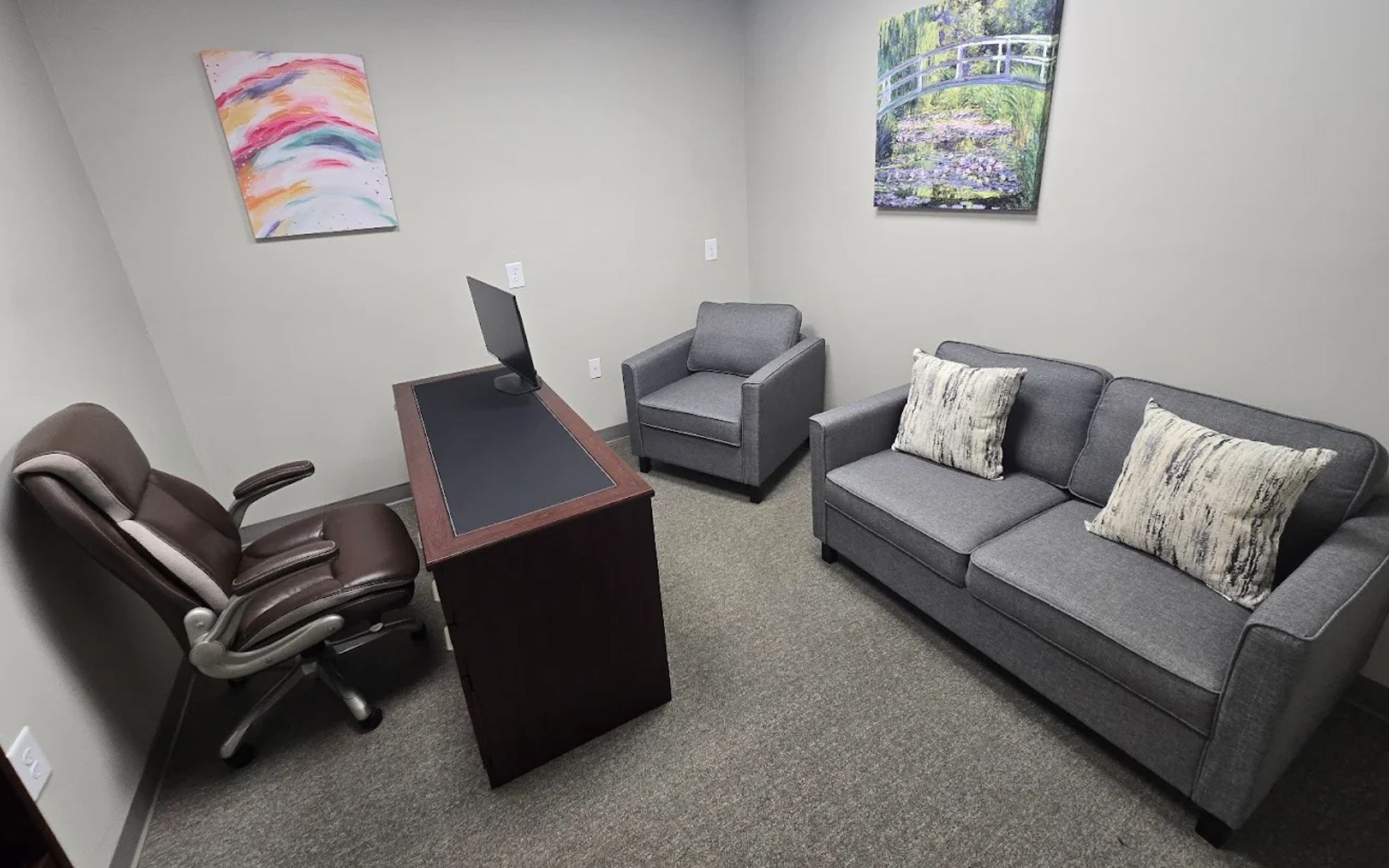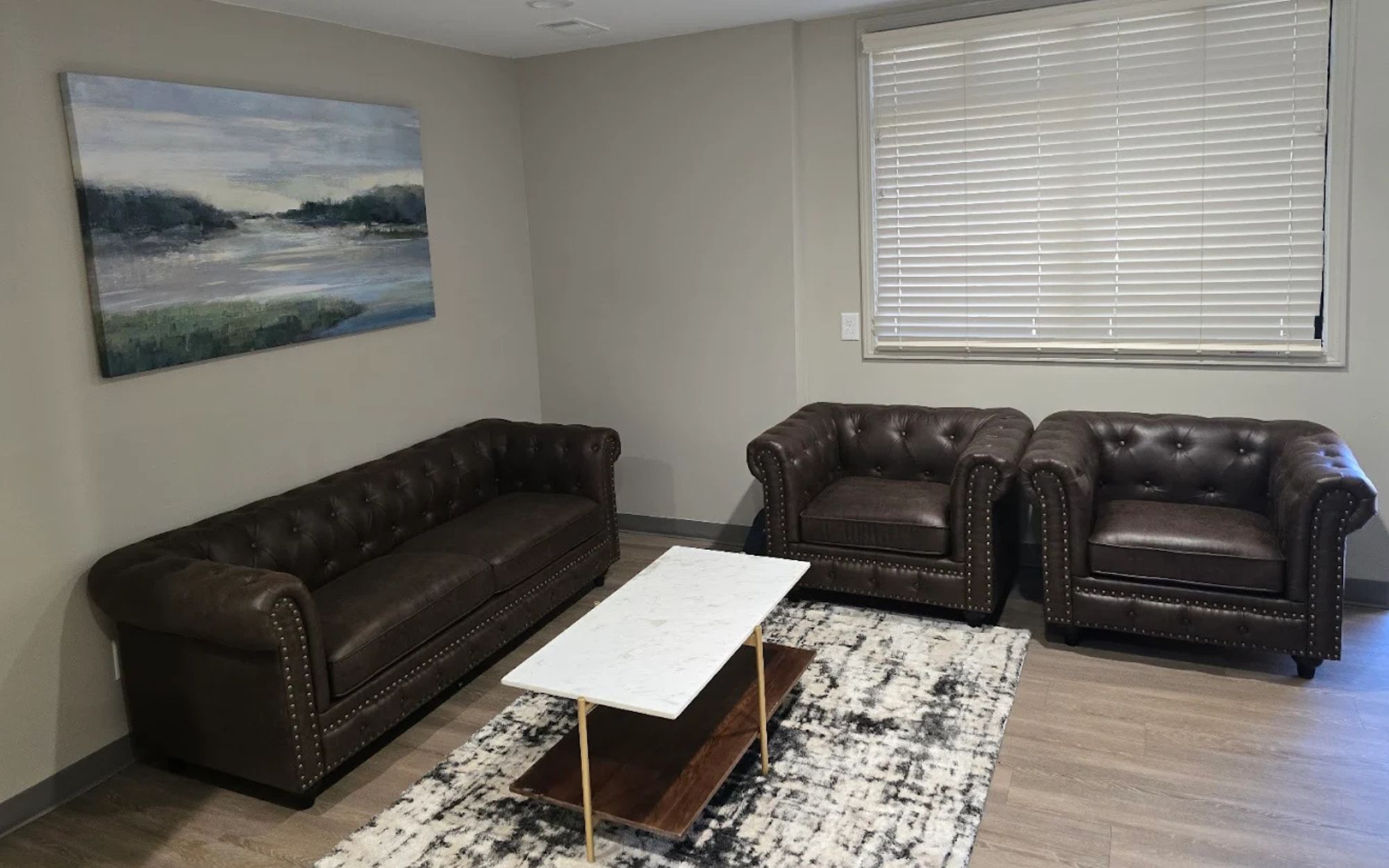
Dialectical behavior therapy Atlanta, Georgia
At Lanier Recovery Center, we offer dialectical behavior therapy (DBT) as part of our comprehensive outpatient treatment for addiction and co-occurring mental health conditions. DBT is a research-backed therapy designed to help individuals regulate intense emotions, reduce impulsive behavior, and develop healthier relationships. Originally developed to treat borderline personality disorder, DBT has since evolved into a highly effective model for treating substance use, trauma, and mood disorders.
We use DBT across all levels of outpatient care, PHP, IOP, and OP, to equip clients with the tools they need to manage stress, improve communication, and build long-term emotional stability. At Lanier Recovery Center, DBT is delivered by experienced clinicians who combine structure, compassion, and skill-building to support lasting recovery.

